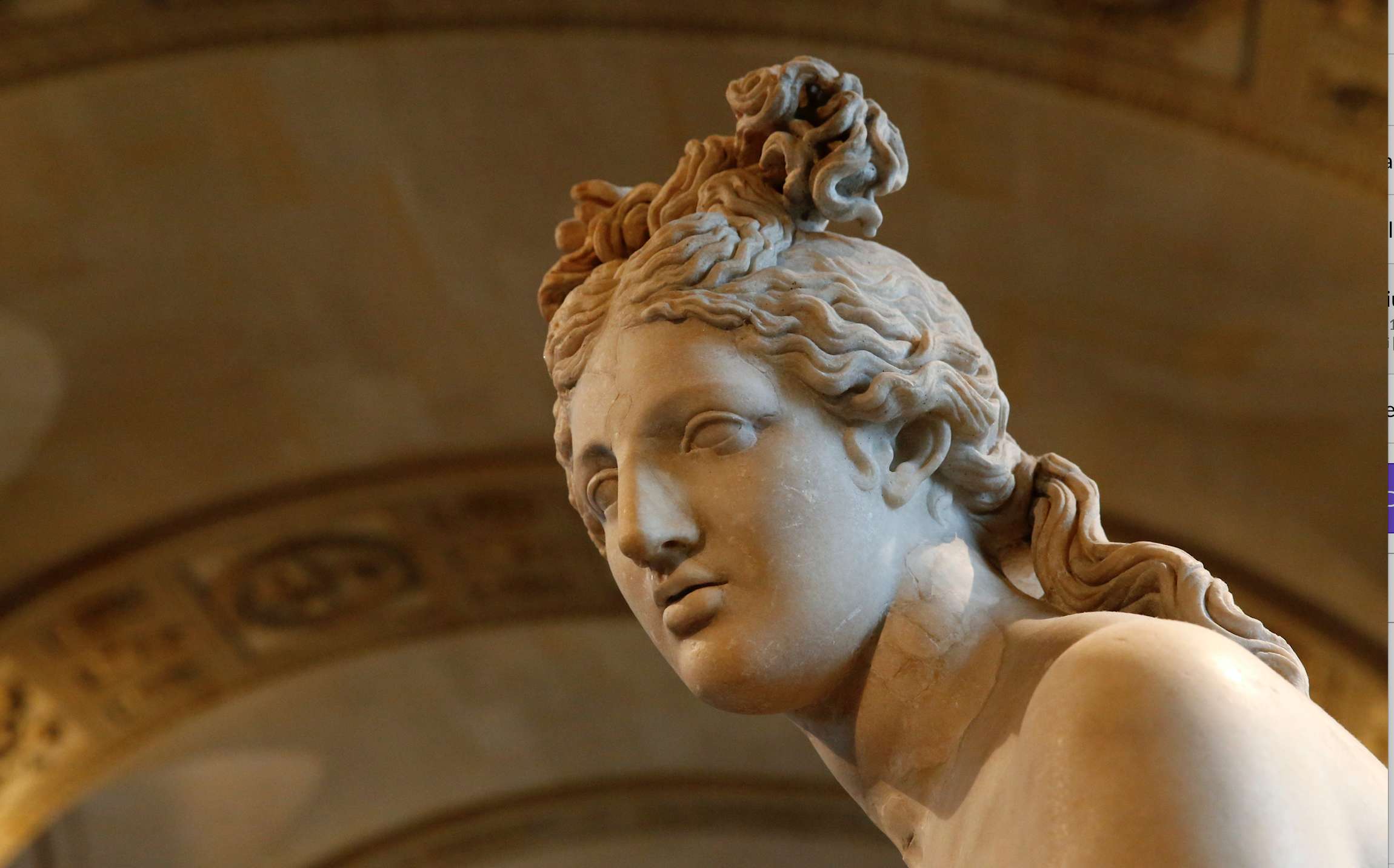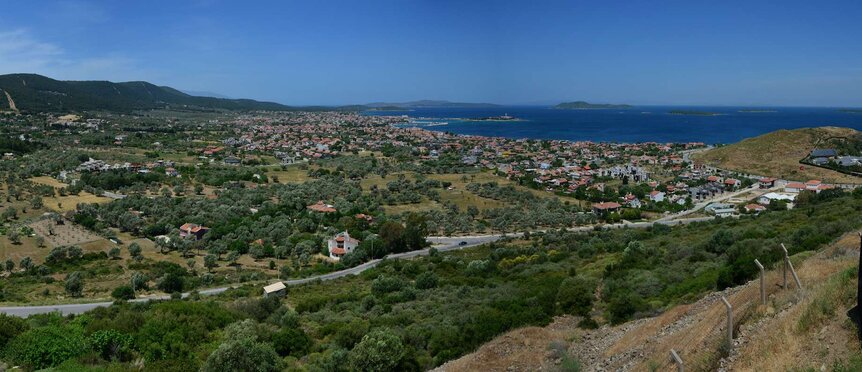Create a free profile to get unlimited access to exclusive videos, sweepstakes, and more!
Hugs and kisses for all! 2,500-year-old Aphrodite temple of love discovered in Turkey

Next month marks the annual arrival of Valentine's Day, so it's perfectly timely to reveal news that a 2,500-year-old temple devoted to the Greek Goddess of Love and Fertility has recently been excavated in Western Turkey during a routine ground survey on the Urla-Çeşme peninsula.
According to the state-run Anadolu Agency, Turkish archaeologists unearthed the ancient site likely frequented by acolytes of Aphrodite above ground in a region well known for its historical treasures. Discovered amid the 6th century BC ruins were a broken piece of a female statue and a figure of a terra cotta female head dating back to the 5th century BC. Also found among the artifacts was a protective phrase warning that, "This is the sacred area."
“It is a rural temple. Aphrodite was a very common cult at that time,” archeologist and team leader Elif Koparal from Mimar Sinan Fine Arts University explained to the Hürriyet Daily News. “From the findings, we understood that there must have been a cult area in the region. It is not common to find a temple during a surface survey. The area was not within reach by car. It can be reached with a one-and-a-half-hour walk from the alley."
The Urla-Çeşme peninsula has been a fertile region for discovering ancient communities and structures since it was first stumbled upon back in 2006. Koparal and his researchers initially encountered evidence of the lost love temple four years ago.
In the past 14 years, archaeologists have uncovered 35 prehistoric human settlements, including 16 going all the way back to the Late Neolithic age in this relatively small area, which covers approximately 17,200 square feet of the Urla, Çeşme and Seferihisar districts of Izmir.
"As we scanned the epigraphic publications, we understood that it was most likely the Temple of Aphrodite," Koparal added. "There is also an inscription around the temple. It sets the border with the statement, ‘This is the sacred area.’”
The Greek equivalent of the Romans' Venus, Aphrodite was an ancient goddess representing love, beauty, pleasure, desire, passion, procreation, and all areas of human sexuality. Able to lure gods and men into secret affairs with her entrancing looks and hypnotic whispers, she was mytholigized to have been born near Cyprus from the cut-off genitals of the sky god Uranus.
Aphrodite was a highly influential goddess whose temptations were not limited to matters of love, and was commonly worshipped by men, women, and even city-state officials who gave offerings to her regarding commerce, warfare, and politics of ancient Greek cities.




























